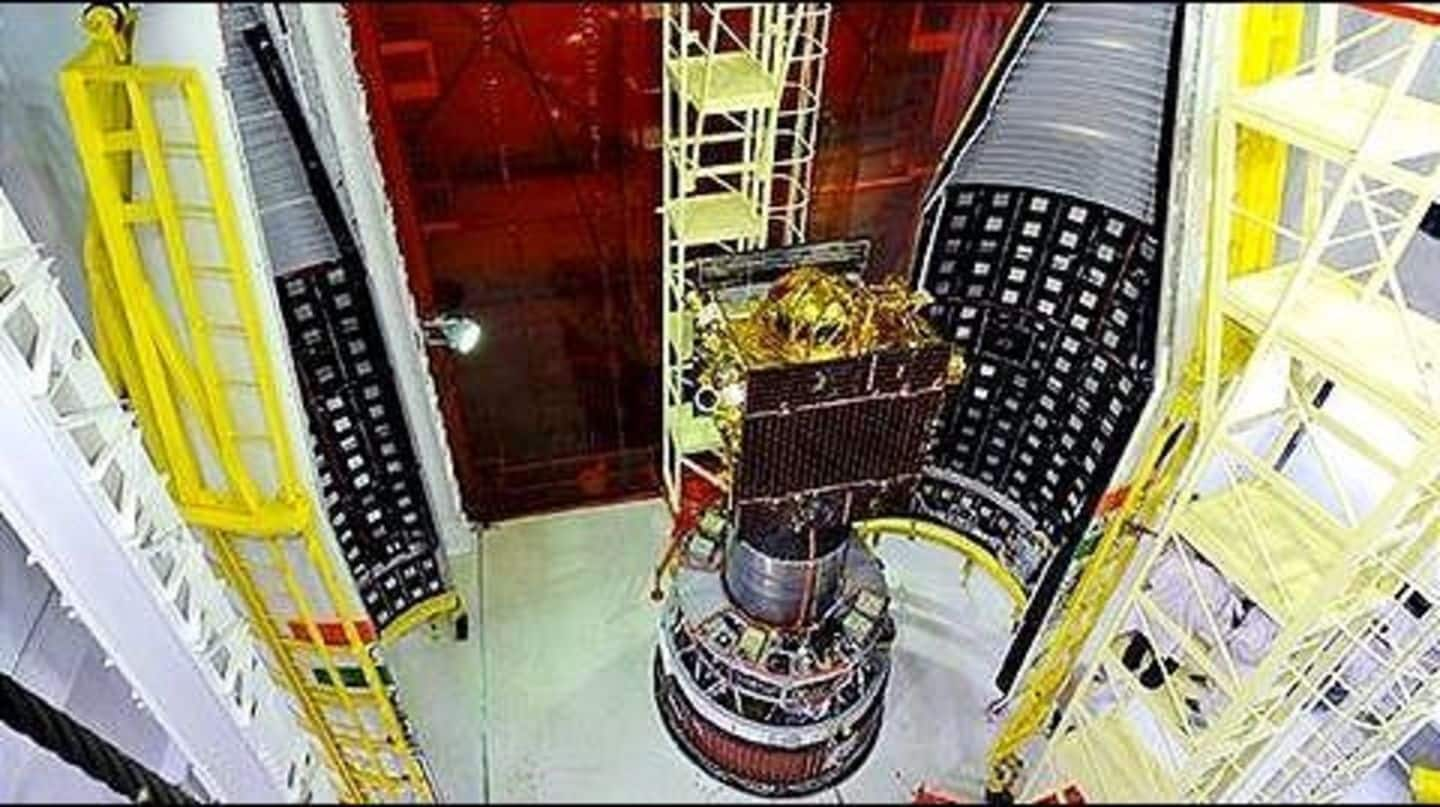
Three atomic clocks of Indian GPS satellites stopped working
What's the story
Three atomic clocks onboard one of the seven satellites of India's version of American navigation system GPS -Indian Regional Navigation Satellite System (IRNSS)- have failed. The rubidium atomic clocks on the navigation satellite IRNSS-1A were imported from Europe to provide precise location data. The setback comes at a time when IRNSS called 'NAVIC' is yet to be deployed for commercial purpose.
About
NAVIC system consists of seven-satellite constellation
India set up satellite navigation system IRNSS (operational name NAVIC-NAVigation with Indian Constellation) to provide accurate real-time timing and positioning services. The Rs.1,420-cr NAVIC comprises nine satellites of which seven are in the orbit (launched between Jul'13 and Apr'16) and two are on the ground as standby. Each of the satellites has a 10-year life span and three atomic clocks onboard.
Do you know?
Galileo's atomic clocks failed too
The failure of atomic clocks of India's navigation system isn't the first case where these sophisticated timekeepers stopped working. In Jan'17, European Space Agency reported that three rubidium atomic clocks and six hydrogen maser clocks onboard European navigation system Galileo stopped working.
Performance
Targeting to launch the replacement satellite: ISRO Chairman
Indian Space Research Organization (ISRO) imported 27 sophisticated atomic clocks for the nine IRNSS satellites. ISRO Chairman AS Kiran Kumar said three timekeepers of IRNSS-1A stopped working, but other satellite components were functioning normally. He added the clocks' failure didn't affect the overall performance as IRNSS-1A was being used for messaging activity. ISRO plans to launch the replacement satellite in July.
Quote
Work is in progress, says ISRO Chairman
Speaking about the performance of the navigation system, Kiran Kumar stated: "NaVIC system is fully operational. Information required for using navigation system is available in public domain. We have started making receiver systems for different applications for using the system."
Navigation System
Significance of the sophisticated clocks
Explaining the significance of atomic clocks, an ISRO official said, "Poor the accuracy of these atomic clocks, less the accuracy of the distance calculated." At least four satellites are required for the navigation system and ISRO has seven. The official added overall performance wouldn't be affected as ISRO will give less weightage to IRNSS-1A and depend on the data from the remaining satellites.
Applications
Applications of the Indian navigation system
The applications of IRNSS include aerial, terrestrial and marine navigation, disaster management, fleet management and vehicle tracking. IRNSS can also be used for mapping/capturing geodetic data, integration with mobile phones, visual and voice navigation for travelers/drivers. Its service area covers India and the areas in a 1,500-km radius around India. One segment of IRNSS is meant for restrictive (military) services.